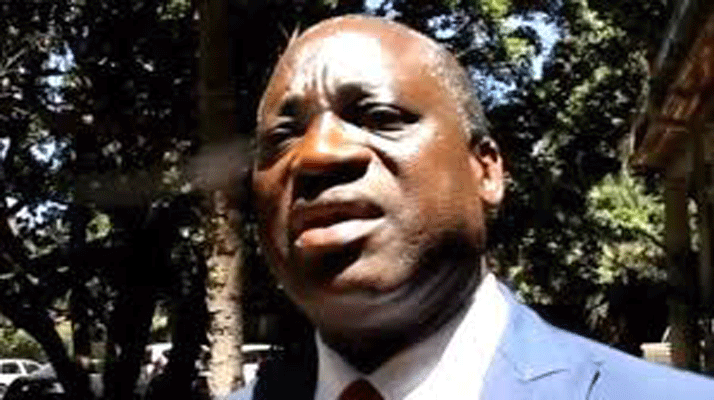
The government has blamed the spike in Covid-19 cases in Bulawayo to illegal immigrants as fears of a second wave of the outbreak of the respiratory disease in Zimbabwe grow.
BY MIRIAM MANGWAYA
Health and Child Care deputy minister John Mangwiro said Bulawayo has emerged as the epicentre of the virus, which has killed 257 people and left 8 090 infected throughout the country.
Mangwiro said the Matabeleland region had the highest number of people, who use illegal crossing points from South Africa and Botswana, making it difficult to control the spread of the coronavirus.
The border jumpers are mostly cross-border traders, who want to avoid paying duty and smuggle goods into the country for resale.
There are also reports of bodies of people that die of Covid-19 being smuggled into Zimbabwe for burial.
“Bulawayo has always been the epicentre of the disease because it has the highest number of people, who cross the borders and most of them use undesignated entry points,” Mangwiro told The Standard.
“As a result, it is difficult to control the spread of the disease if people are not entering through the legal borders where there is strict inspection.”
- Chamisa under fire over US$120K donation
- Mavhunga puts DeMbare into Chibuku quarterfinals
- Pension funds bet on Cabora Bassa oilfields
- Councils defy govt fire tender directive
Keep Reading
The deputy minister said the government would intensify strict border controls, including intensified police patrols, to stop people from illegally crossing the borders.
Activists in Bulawayo have raised concern over lack of health facilities and equipment to handle Covid-19 patients, which they say could be fuelling recent deaths in the city.
Mangwiro said the government was monitoring the Covid-19 situation in Bulawayo.
“If Bulawayo has become the epicentre of the disease, then the government will channel its resources to that area because if it is neglected, the whole country will be affected since there are no local travel restrictions,” he said.
“There are other emergency measures that can be put in place to deal with the situation.
“If United Bulawayo Hospitals and Thorngroove, which are the established medical facilities for Covid-19, are not enough to cater for the patients, Ekusileni Hospital can be upgraded to accommodate more patients.”
Mangwiro urged officials at border posts to be vigilant when screening returnees to minimise coronavirus transmission.
“Before leaving any country, the traveller should be tested first and obtain a certificate to gain entry into the destination country,” he said.
“International regulations on the pandemic state that a Covid-19 patient cannot be sent to another country without being treated.
“However, if it is a Zimbabwean citizen who is positive, we cannot deport him or her to a foreign nation, but all the necessary precautions to stop the spread of the disease should be followed.”
According to the United Nations Office for the Coordination of Humanitarian Affairs (Ocha), 24 046 migrants had returned to Zimbabwe from neighbouring countries as of October 20.
The majority of the returnees used Beitbridge and Plumtree border posts as well as the Robert Gabriel Mugabe International Airport.
Ocha said the number was expected to continue to increase with the re-opening of borders on December 1 and the re-opening of schools and tourism facilities.
The mandatory seven-day quarantine for returning migrants has been scrapped and travellers are now required to produce valid Covid-19 certificates, but there are fears that people that use illegal entry points evade the processes.











